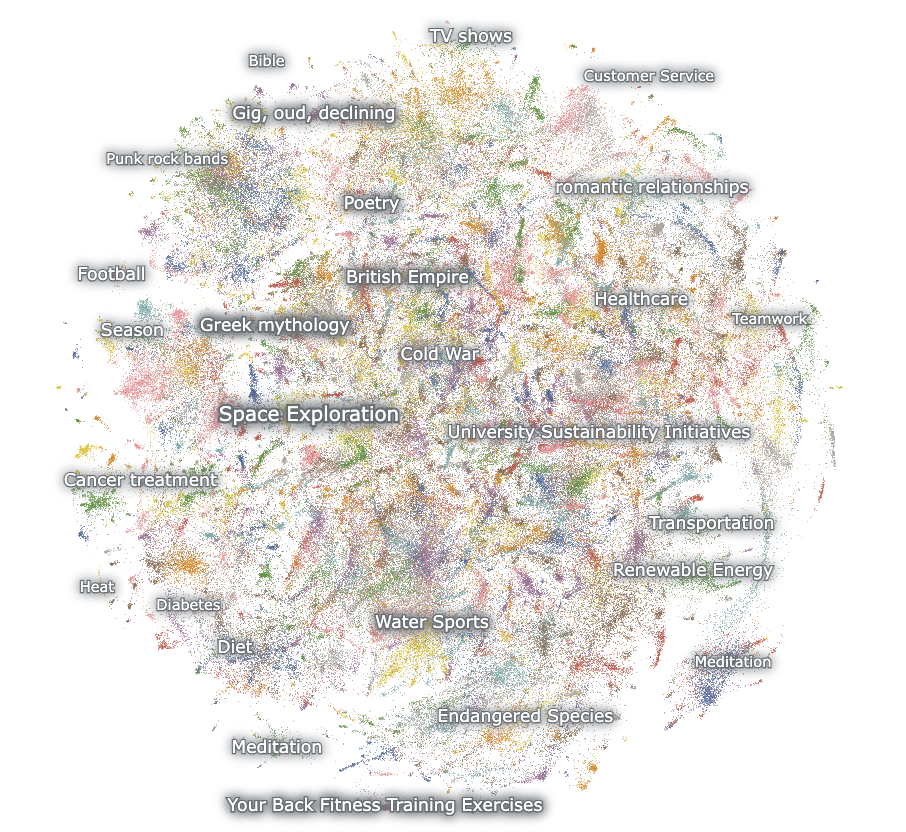Get the latest tech news
LLMs can teach themselves to better predict the future
We present an outcome-driven fine-tuning framework that enhances the forecasting capabilities of large language models (LLMs) without relying on human-curated reasoning samples. Our method leverages model self-play to generate pairs of diverse reasoning trajectories and probabilistic forecasts for a set of diverse questions that resolve after the models' knowledge cutoff date. We then rank pairs of these reasoning traces by their distance to the actual outcomes before fine-tuning the model via Direct Preference Optimization (DPO). On a separate test set, our approach increases prediction accuracy of Phi-4 14B and DeepSeek-R1 14B by between 7--10\% over a base model and a DPO fine-tuned control model with randomized labels, bringing them on par with forecasting capabilities of much larger frontier models like GPT-4o.
View a PDF of the paper titled LLMs Can Teach Themselves to Better Predict the Future, by Benjamin Turtel and 2 other authors View PDF Abstract:We present an outcome-driven fine-tuning framework that enhances the forecasting capabilities of large language models (LLMs) without relying on human-curated reasoning samples. We then rank pairs of these reasoning traces by their distance to the actual outcomes before fine-tuning the model via Direct Preference Optimization (DPO).
Or read this on Hacker News
